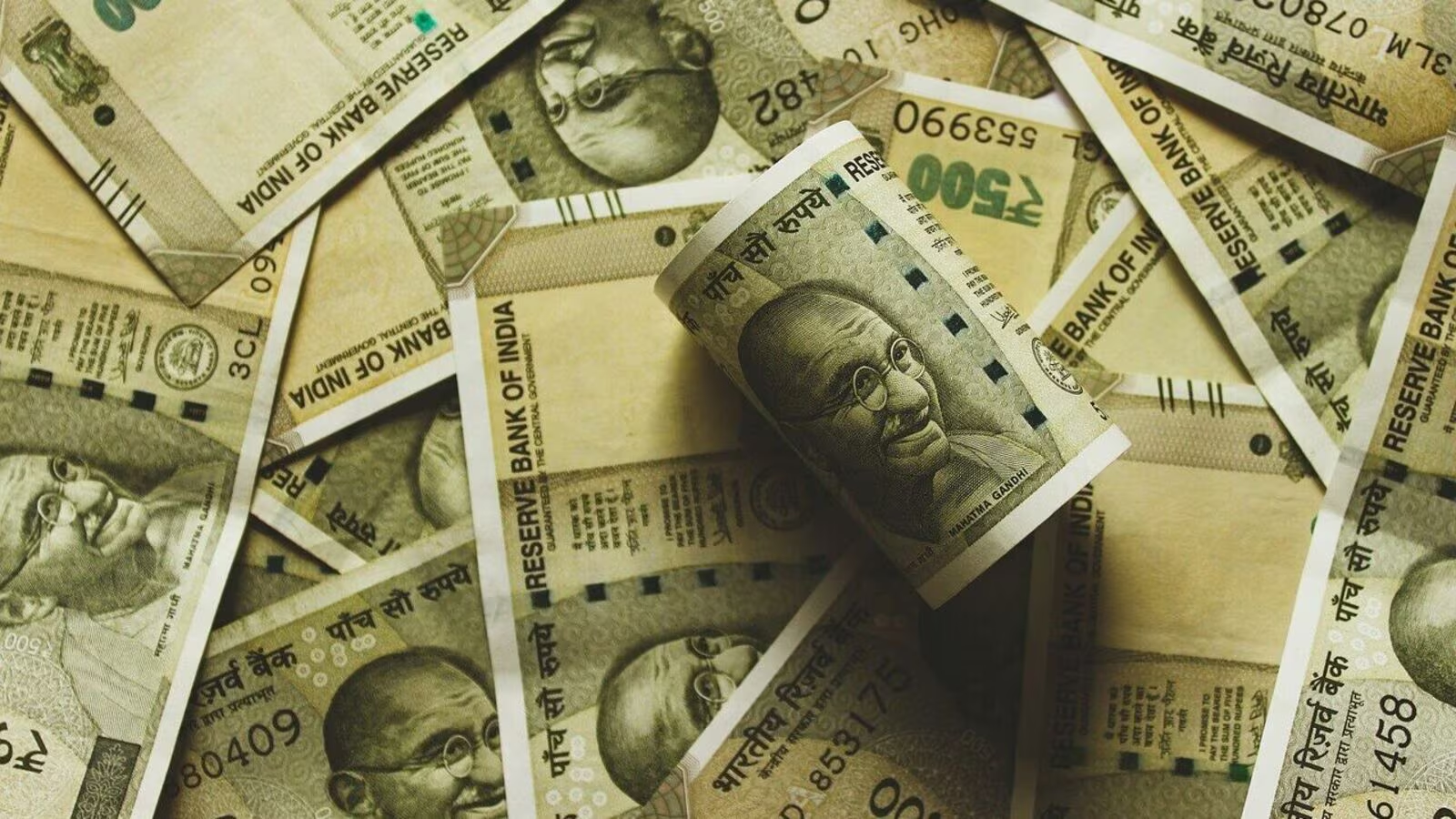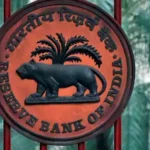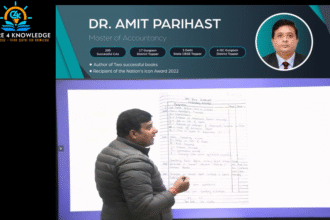The Income Tax Department monitors large cash transactions, and even the smallest error can result in an income tax notification.
Receiving more than Rs 2 lakh in cash is illegal under section 269ST of the Income Tax Act, regardless of whether it is the result of multiple transactions made at the same time or a single transaction.
A person may be subject to a significant fine if they take Rs 5 lakh in cash in a single day and the tax agency learns about it, according to experts. However, withdrawals from the post office and banks are exempt from this cap.
In what circumstances does this rule apply?
According to section 269ST, no person or entity can take more than Rs 2 lakh in cash in a day in three situations:
Taking more than Rs 2 lakh from a single person in a single day
Taking more than Rs 2 lakh for any single transaction
Taking more than Rs 2 lakh for transactions related to a single occasion or event
However, there are some exceptions. Government authorized entities other than banks do not fall under the purview of this rule.
Which sections of the Income Tax Act apply to cash transactions?
Sections 40A(3) and 43 – Related to cash payments
Sections 269SS and 269ST – Related to cash receipts
Section 269T – Related to cash repayment of loan or deposit
Advice for taxpayers
Try to use a banking method (such as NEFT, RTGS, or UPI) if you are going to give someone a sizable sum of money or are taking it from somewhere. In addition to avoiding tax notices, doing this will keep your finances transparent.
Summing up
Given the current push for digital payments, it is hardly surprising that the tax authority is so stringent about cash transactions. It is crucial that you understand the rules in this case and refrain from accepting or donating more than Rs 2 lakh in cash. You will not only be safe doing this, but you will also avoid facing harsh penalties.















